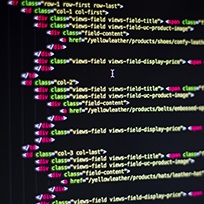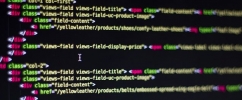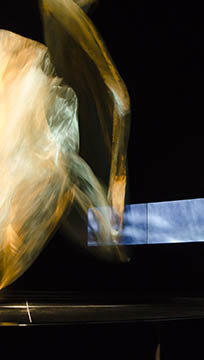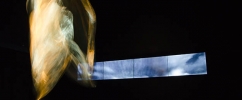It is Permitted to Permit
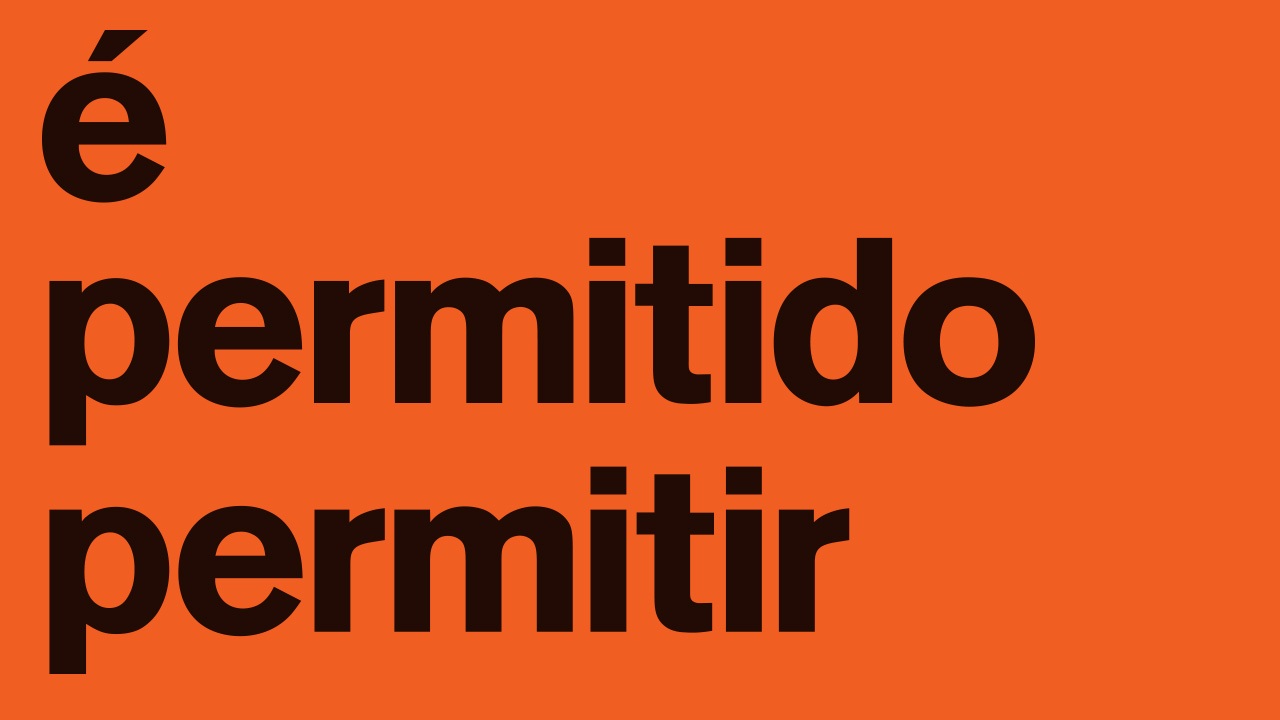
Superflex was created in 1993, and is composed of Jakob Fenger, Rasmus Nielsen and Bjornstjerne Christiansen. The Museum of Tomorrow hosts the temporary show “It is Permitted to Permit”, a set of three works that the group calls “tools”, never before shown in Rio de Janeiro.
In Copy Light, visitors are invited to challenge the intellectual property regime by creating lamps using photocopied motifs of various well-known lamp designs. The installation Free Beer explores the concept of open source by sharing a recipe for artisanal beer with Allegra, a local brewery (producer of the brands 3Cariocas, Jeffrey, Hocus Pocus and Three Monkey, among other Carioca beers), which will share their new version of the beer. In the Cockroach Tour Superflex offers visitors the opportunity to see the world from the perspective of a cockroach, one of the oldest and most resilient insects on the planet. A group of visitors goes on a tour of the museum dressed as cockroaches, questioning ideas about the future, sustainability, climate change and coexistence.
“We are interested in challenging society’s systems. Superflex employs the tactic of going within the structures to create detours and different perspectives. These are very practical experiences, approached in an artistic way with an interest in conflict. It’s a political approach, but with humor,” explains Bjorn.
Museum of Tomorrow is an Applied Sciences museum which explores the opportunities and challenges which humanity will be forced to tackle in the coming decades from the perspective of sustainability and conviviality. Launched December 2015 by Rio de Janeiro City Hall, Museum of Tomorrow is a Culture asset from Rio's Secretary of Culture currently managed by Instituto de Desenvolvimento e Gestão (IDG). Example of a well-succeeded partnership between public power and private initiative, it has already received over three million visitors since opening. With Santander Bank as a Master Sponsor and a wide network of partner sponsors as Shell, IBM, IRB-Brasil RE, Engie, Grupo Globo and Instituto CCR, the museum was originally conceived by Roberto Marinho Foundation.
